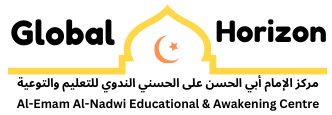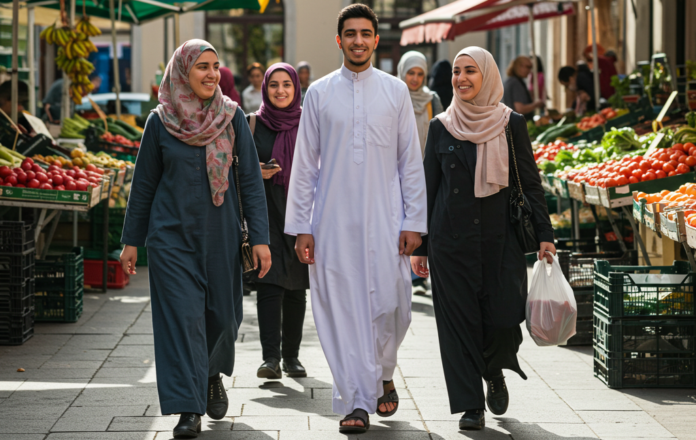The experience of Muslims living in Western countries is a dynamic interplay of faith, identity, and integration. As Islam continues to grow as the second-largest religion in the West, Muslims are increasingly grappling with the challenge of reconciling their Islamic faith with their Western citizenship. This reconciliation is not merely a personal journey but a collective effort that involves intellectual, cultural, and civic engagement. From reinterpreting Islamic teachings to fostering interfaith dialogue and advocating for social justice, Muslims in the West are actively working to bridge the gap between their religious identity and their roles as citizens of secular, pluralistic societies.
Muslim communities in Western nations are actively engaging in a multifaceted process of integrating their Islamic faith with their roles as citizens. This endeavor involves intellectual adaptation, civic participation, interfaith dialogue, and socioeconomic empowerment, reflecting the diverse experiences and challenges faced across different countries.
Let’s have a look at few points:
- Intellectual Adaptation: Contextualizing Islamic Teachings
- The concept of Ijtihad, the process of reinterpreting Islamic teachings, is considered crucial for adapting faith to modern, secular contexts.
- United States:
- Scholars and organizations promote progressive interpretations emphasizing gender equality and social justice.
- Examples include developing guidelines for women-friendly mosques and scholarly works addressing unique Western challenges.
- Europe:
- Reliance on interpretations from countries of origin can create a disconnect.
- There’s a growing need for local scholars to provide contextually relevant guidance.
- Civic Engagement: Advocating for Rights and Participation
- United States:
- Organizations like CAIR and ISNA promote civic participation, combat Islamophobia, and protect civil liberties.
- Focus on voter engagement and public service.
- Europe:
- Emphasis on challenging systemic discrimination and demanding equal opportunities.
- Examples include securing political representation in countries like Belgium.
- Interfaith and Intercommunity Dialogue: Fostering Understanding
- Goal: Building bridges and dispelling misconceptions about Islam.
- United States:
- Initiatives like “Shoulder to Shoulder” promote interfaith collaboration.
- Europe:
- Organizing open mosque days and participating in community events to showcase Islamic culture.
- Addressing rising Islamophobia and xenophobia through dialogue.
- Socioeconomic Empowerment: Creating Opportunities
- United States:
- Muslims leverage entrepreneurship to build businesses and support community initiatives.
- Economic independence fuels social and religious projects.
- Europe:
- Challenges include high unemployment and systemic discrimination.
- Younger generations are driving entrepreneurial initiatives, particularly in countries like Belgium, among Turkish and South Asian Muslims.
- The Role of Youth and Women: Driving Change
- Youth:
- Educated and socially conscious, they redefine Muslim identity in the West.
- Use social media to amplify their voices and connect globally.
- Women:
- Leading prayers, organizing community initiatives, and challenging patriarchal structures.
- Reshaping the narrative around Islam in Western societies.
A Path Towards Inclusive Societies
The integration of Islamic faith and Western citizenship is an ongoing process marked by resilience and adaptation. While challenges persist, particularly in Europe, the efforts of Muslim communities demonstrate a commitment to building inclusive societies. By engaging in intellectual discourse, civic participation, and interfaith dialogue, Muslims are contributing to the diverse fabric of Western nations.
Thank you,
Ahmad Suhaib Nadvi
Email: info@al-emam.org
Global Islamic Horizon
Al-Emam Al-Nadwi Education & Awakening Center



